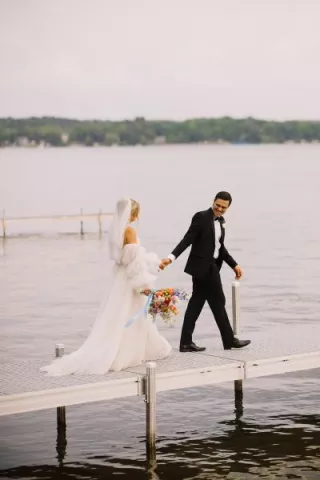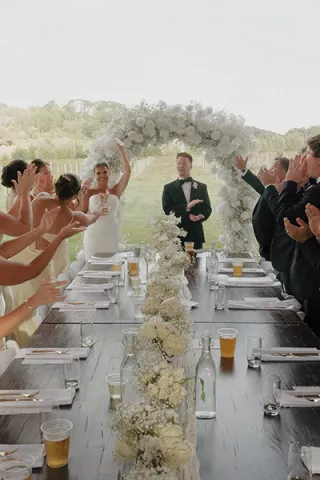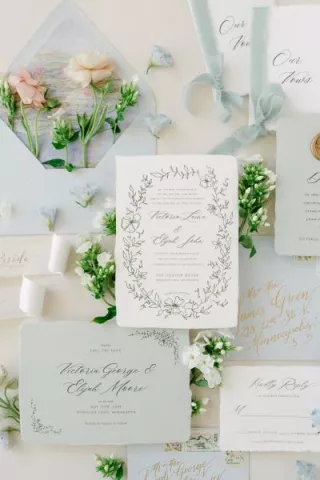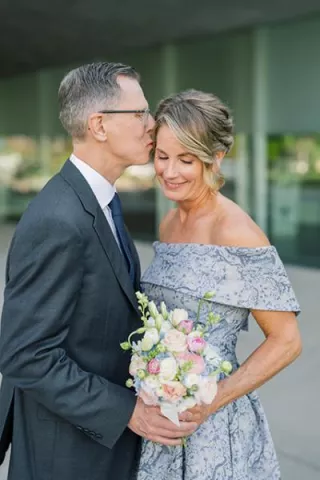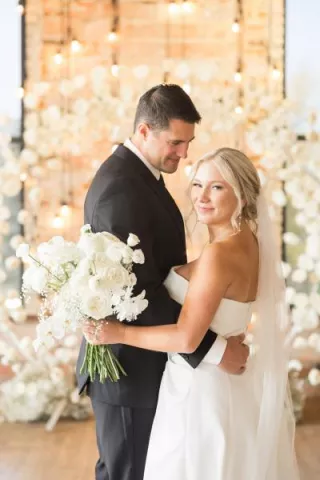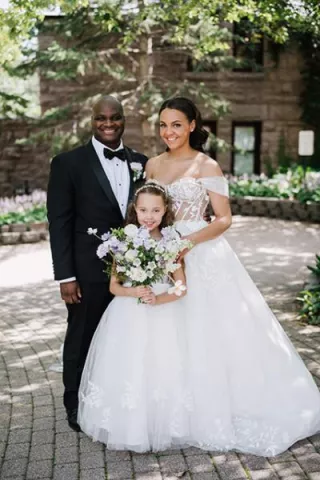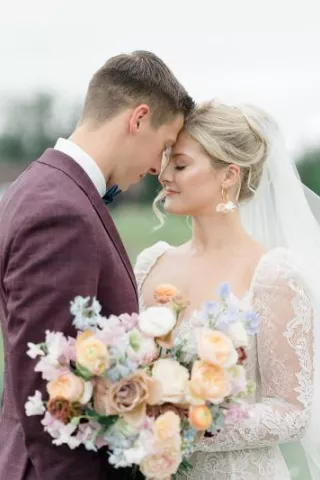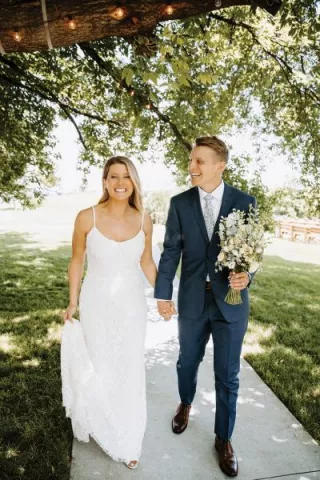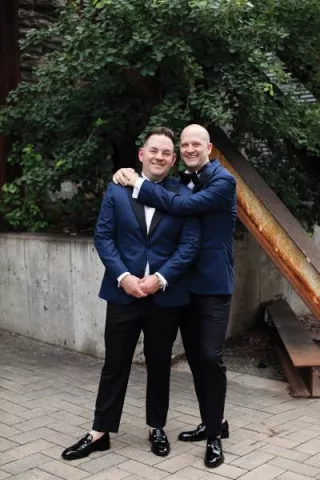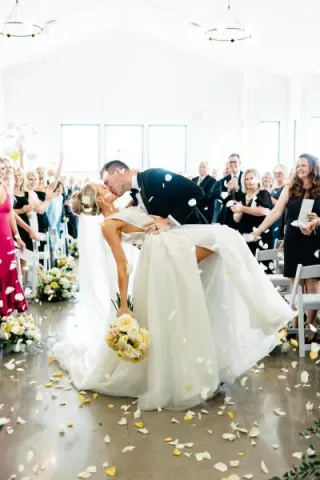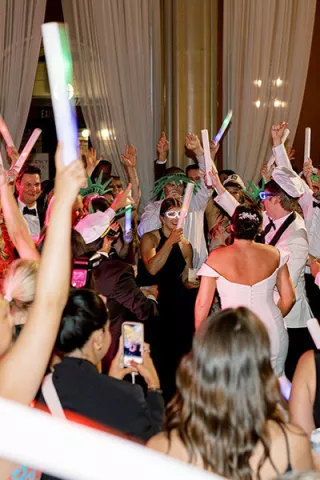With so many myths surrounding premarital counseling (and counseling in general), I wanted to let you know what it’s really like to work on your relationship. Couples often think that premarital counseling is for couples who don’t get along and haven’t lived together. Or they view it as hard-hitting marriage therapy and who needs that when you’re planning a wedding?!
The truth is, premarital counseling is fun, engaging, and suitable for EVERY couple, no matter how long you’ve been together. Here are some things you need to know about the process and why it’s a no-brainer either before or during the planning process.
You’re Going To Learn So Many Things You Didn’t Know You Needed To Know
The best party of my job is helping couples learn skills and start conversations they didn’t even know they needed. The truth is, unless you go to counseling/coaching, read a really good book, or have parents with extremely good communication skills, you just do what comes naturally in terms of communication, conflict resolution, compromising, sex, etc. The downside to that “natural path” is that it often lacks intentional and effective skills. Communicating, addressing conflict, and discussing difficult things in general (like sex, money, in-laws, life goals, etc.), are the most common concerns for most couples. So, start your marriage off on the right path and get a little help so you can do it better, for yourself and your partner.
You’re Going To Have Fun
Wait, did I just say that engaging in premarital counseling/coaching is going to be FUN? Yep, I sure did! With such a stigma around couples counseling, it’s hard to envision the process being enjoyable. Sure you’ll be nervous in the first meeting, but you were probably nervous meeting with your florist or your officiant too. Starting something new is always a little scary, but after the first meeting, you’re going to really look forward to coming back.
My main goal in working with any couple is to ensure they enjoy their experience, so they’ll be more likely to pursue counseling in the future when more significant problems arise. It’s like getting the training wheels for your new marriage. The training wheels will come off, but the bike still needs to be tuned up, and adjusted as you grow into it.
It’s Not Going To Make You Call Off Your Wedding
One of the biggest fears couples have around starting this process, is the worry that premarital counseling will “rock the boat”, and cause unnecessary fighting. I get it, you’re getting married and planning a wedding… the last thing you want to do is start fights that could have just stayed buried under the rug.
But here’s the truth! Any time two people are trying to do something together, there is a potential for conflict. Do my couples disagree? Yes! Is that a good thing? Yes! Does it make them call off their wedding or not like each other? Never! Conflict is normal and happens in every relationship, and when couples have disagreements or conflict in my presence, it presents the perfect opportunity for them to grow and learn how to do it differently. I love teaching couples how to listen and truly hear their partner, how to truly understand one another, how to empathize and provide support, and how to work through those conflict issues in a respectful and effective way.
How To Pick A Good Premarital Counselor Or Coach
Finding a qualified Therapist or Coach can be a difficult process. You want to find someone you and your partner have a comfortable connection with, and someone you can trust to have the necessary skills and qualifications for working with couples.
When selecting a professional, look for someone who has the training and education to back up their offerings. Search for a LMFT (Licensed Marriage and Family Therapist), or LP (Licensed Psychologist), who has the expertise of couples work. Churches and officiants can also offer premarital counseling, but be sure to check out their experience and training, and how many couples they’ve counseled over time.
